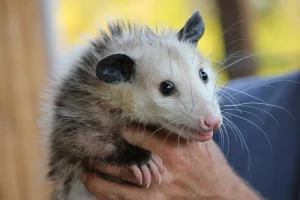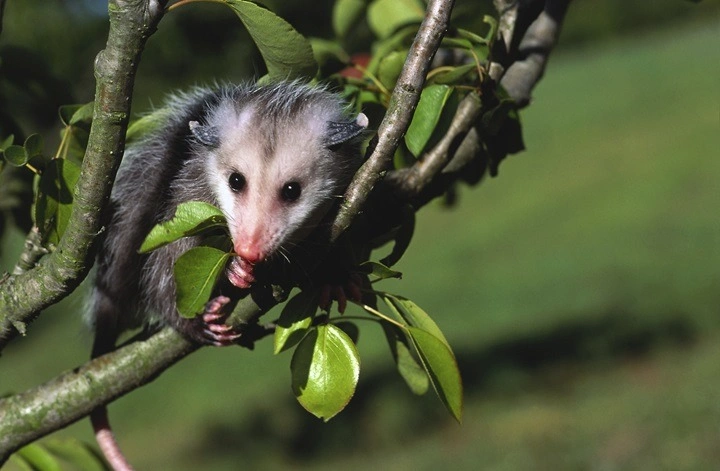Possums are fascinating creatures that often evoke a sense of curiosity and wonder. With their unique appearance and nocturnal habits, they have intrigued humans for centuries. However, beyond their endearing characteristics, there’s a question that frequently arises: Do possums carry diseases? In this comprehensive guide, we’ll delve into the world of possums and explore the potential health risks associated with them.
Understanding Possums: A Brief Overview
Before we delve into the health aspects, let’s take a moment to understand what possums are and their role in the ecosystem.
- Taxonomy: Possums belong to the order Didelphimorphia and are marsupials native to the Americas.
- Habitat: They inhabit a wide range of environments, including forests, urban areas, and farmlands.
- Diet: Possums are omnivores, feeding on fruits, insects, small mammals, and even carrion.
- Behavior: They are primarily nocturnal creatures, meaning they are most active during the night.
Common Misconceptions about Possums and Diseases
Before addressing the question of whether possums carry diseases, it’s essential to dispel some common misconceptions.
- Dirty Animals: While possums might not be the epitome of cleanliness, they are meticulous groomers, which helps them maintain a level of hygiene.
- Vectors of Rabies: Contrary to popular belief, possums have a low susceptibility to rabies due to their lower body temperature, which makes it less favorable for the rabies virus to survive.
- Disease Carriers: While possums can harbor certain diseases, they are not inherently disease-ridden animals.
Health Risks Associated with Possums

While possums might not be major disease carriers, there are still some health risks associated with them.
- Leptospirosis: Possums can carry and shed the bacterium responsible for leptospirosis through their urine, potentially contaminating water sources.
- Salmonellosis: Like many wild animals, possums can carry Salmonella bacteria, which can be transmitted to humans through contact with their feces or contaminated food.
- Tuberculosis: Although rare, possums have been known to carry Mycobacterium bovis, the bacterium responsible for bovine tuberculosis, which can infect humans through inhalation of contaminated aerosols or consumption of unpasteurized dairy products.
Preventive Measures to Minimize Health Risks
While the risks associated with possums are relatively low, it’s essential to take preventive measures to minimize any potential health hazards.
- Secure Trash Bins: Possums are attracted to food sources, so securing trash bins can help deter them from scavenging in residential areas.
- Seal Entry Points: Ensure that any potential entry points into your home, such as gaps in walls or roofs, are sealed to prevent possums from gaining access.
- Maintain Hygiene: Practicing good hygiene, such as washing hands thoroughly after outdoor activities and handling pets, can reduce the risk of disease transmission.
- Avoid Direct Contact: While possums are generally timid and non-aggressive, it’s advisable to avoid direct contact with them to minimize the risk of exposure to potential pathogens.
In conclusion, while possums can carry certain diseases, the risks associated with them are relatively low compared to other wildlife species. By understanding their behavior, taking preventive measures, and practicing good hygiene, you can minimize any potential health risks associated with possums. So, the next time you encounter these intriguing creatures, you can appreciate them for their role in the ecosystem without undue concern about disease transmission.


